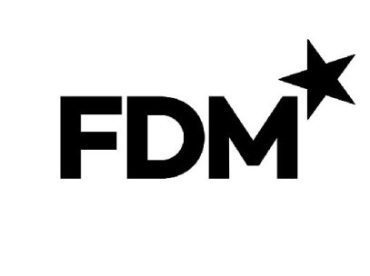Utah
Description:
Join our IT Operations Team and ensure the security and resilience of our clients’ IT estates.
We equip you with the technical capabilities to support business-critical horizontal and vertical responsibilities, as well as specialist areas such as infrastructure and security.
This Practice will have you diving into diverse, rewarding roles on client assignments where you will be supporting on-premises, hybrid, and cloud infrastructures. You will contribute to incident management, lead technology change or transformation, and play a key role in enhancing system reliability through continuous integration and automated deployments. You will be facilitating long-term operational success for our clients.
Responsibilities:
- You’ll join FDM as a Consultant within our IT Operations Practice, where you’ll start your journey developing key skills in a practice-based learning environment for 6 weeks. You will then be able to start delivering large-scale projects for our clients across a wide range of industries. You could be taking on roles such as Production and Application Support Analyst, DevOps Engineer, System and Network Administrator or Site Reliability Engineer, with access to continuous upskilling and career development opportunities.
Qualifications:
- Bachelor’s degree or higher
- Excellent communication skills and proven ability to work in a team
- Demonstrable interest and desire to work in technology
- Able to commit to work for FDM for a minimum of two years as a Consultant following the initial training period
- Legally authorized to work in the US without employer sponsorship
- Desirable Technical Qualifications
- While proficiency in the following areas is not required, familiarity with any of the below will serve as a significant asset:
- IT Service Management
- Agile Methodologies
- Operating Systems such as Linux and Windows Server
- Python
- Artificial Intelligence
- Networking
- Database management with SQL
- Cloud technologies
- Information Security
- Infrastructure as Code (Terraform)
- Containerization (Docker)
- Orchestration (Kubernetes)
- CI/CD pipelines (Jenkins)

